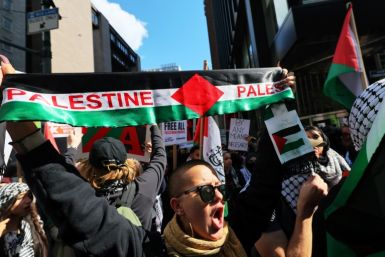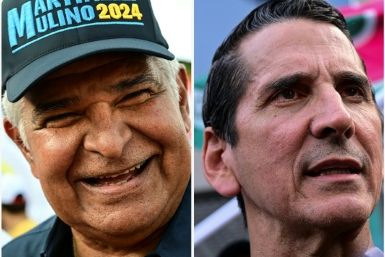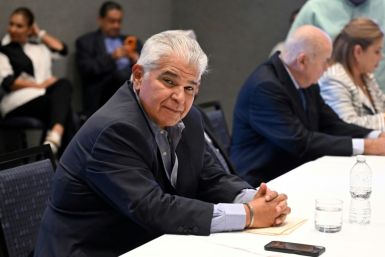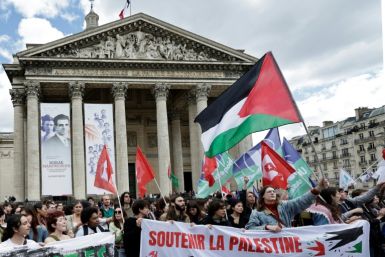Canadian Parliament Approves ISIS Daesh Airstrike Mission Expansion Into Syria, Nods 1yr Extension
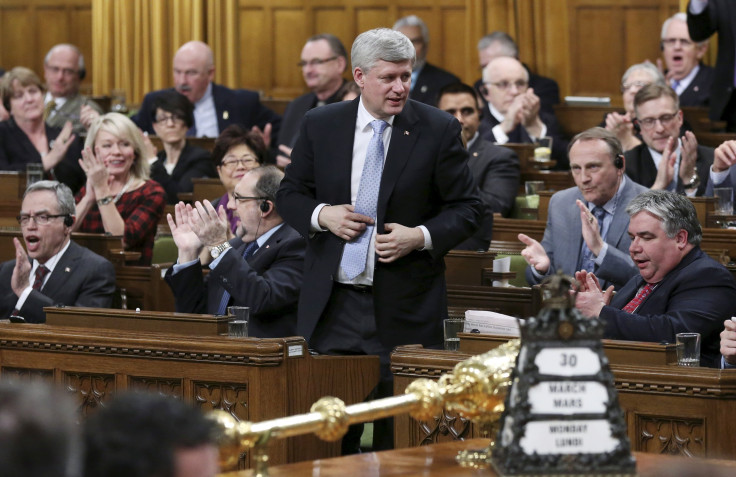
With 142-129 votes favouring federal government’s plan, Canada has approved to expand, apart from Iraq, the country’s airstrike mission against the extremists ISIS Daesh into Syria. The House of Commons on Monday evening likewise effectively thumbed up the extension of the country’s participation into the U.S.-led coalition from six months to a year, ending March 2016. The airstrikes into the domain of President Bashar al-Assad could start within days.
Members of Parliament from all sides of the political spectrum debated the topic heavily last week. The Conservatives strongly maintained the expanded airstrikes in Syria are legally justified, without an explicit backing from the United Nations or from the NATO, even as they stressed the mission will not also seek approval nor coordinate with Mr al-Assad before the bombs are dropped in his turf. Many like Defence Minister Jason Kenney had stressed Canada has a duty to act and participate in forcing ISIS out of its base in eastern Syria.
Opposition MPs, as expected, are opposed to the expansion and extension notion. They pointed out the request bears no legal basis since Syria hasn’t requested for assistance to slam the extremists, unlike Iraq in the first mission that ran from October 2014 to March 2015.
"While the coalition has succeeded in stopping ISIL's territorial spread, the global threat that ISIL poses remains," Prime Minister Stephen Harper said in a statement after the vote. "In particular, we cannot stand on the sidelines while ISIL continues to promote terrorism in Canada as well as against our allies and partners, nor can we allow ISIL to have a safe haven in Syria," he added.
As with the first, the expanded and extended mission will include the six CF-18 fighter jets, a CC-150 Polaris air-to-air refueling aircraft, two CP-140 Aurora surveillance aircraft, 600 aircrew and other personnel. The 69 special forces who act as advisers to guide Kurdish peshmerga troops in northern Iraq in the first mission will likewise be maintained for the new assignment. The first mission had spent $122 million of Canadian taxpayers money as of mid-February.
The new mission, NDP Leader Tom Mulcair said during the debate on Monday, was a serious ethical problem for Canada. The expansion could "suck Canada into decades of conflict." Liberal leader Justin Trudeau seconded Mulcair’s observations that Canada could get into a long-term quagmire because of such missions. “In Afghanistan, the longer term meant 10 years, not 12 months,” Trudeau said.
Moreover, telling Canadians that their choice is either to bomb Iraq and Syria, or sit on the sidelines was wrong, Mulcair said. "That's a false choice." The NDP leader also warned airstrikes alone will not extinguish the crazy terrorists because “you can’t bomb ISIL and its ideology into oblivion.”
To report problems or to leave feedback about this article, email: e.misa@ibtimes.com.au.


